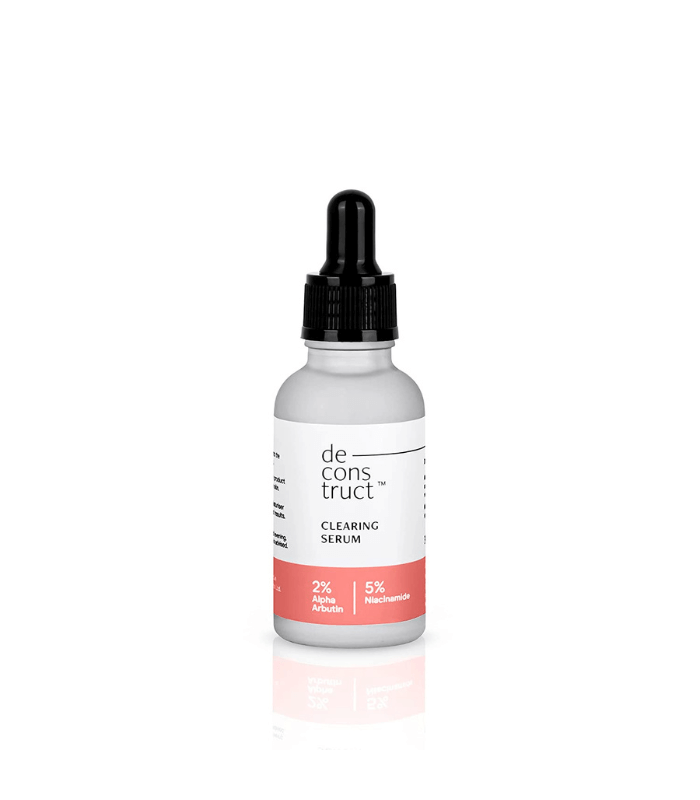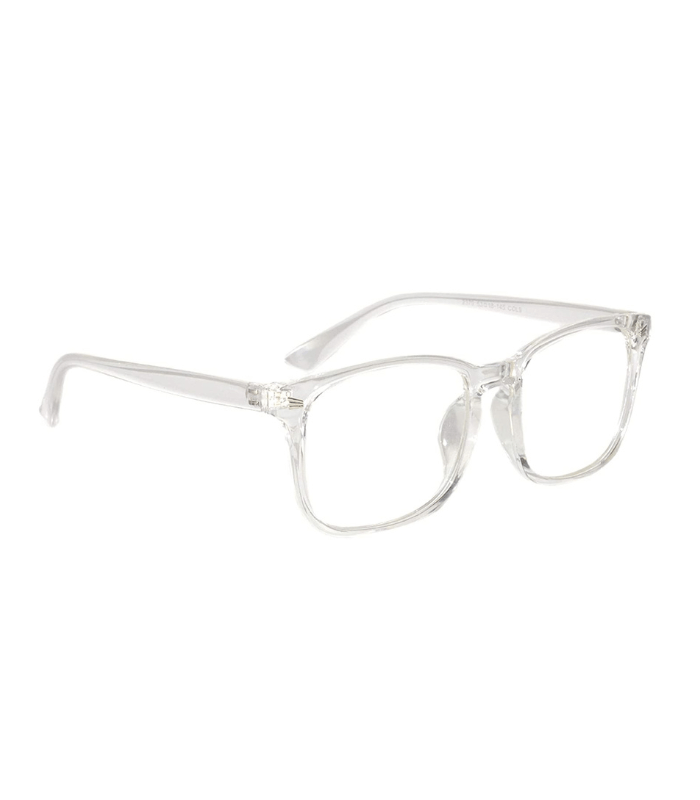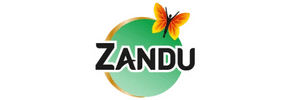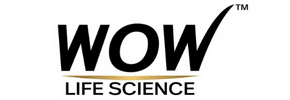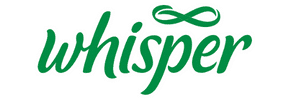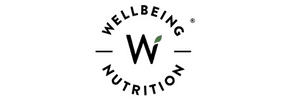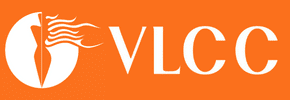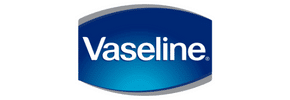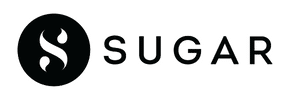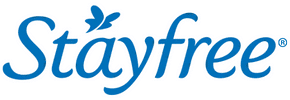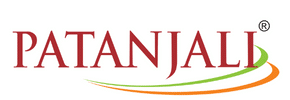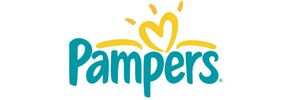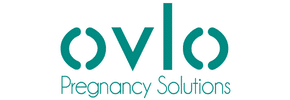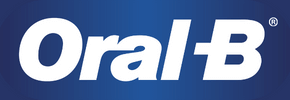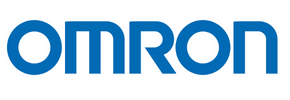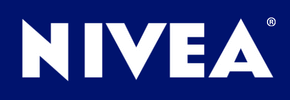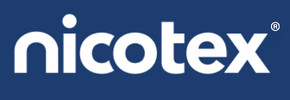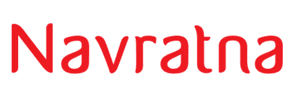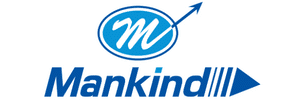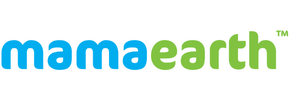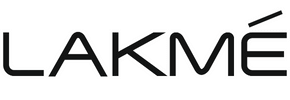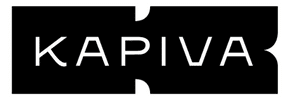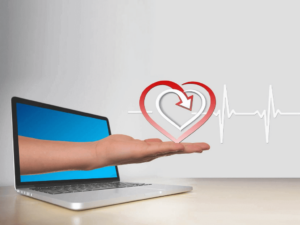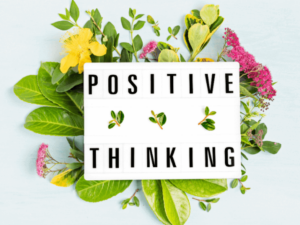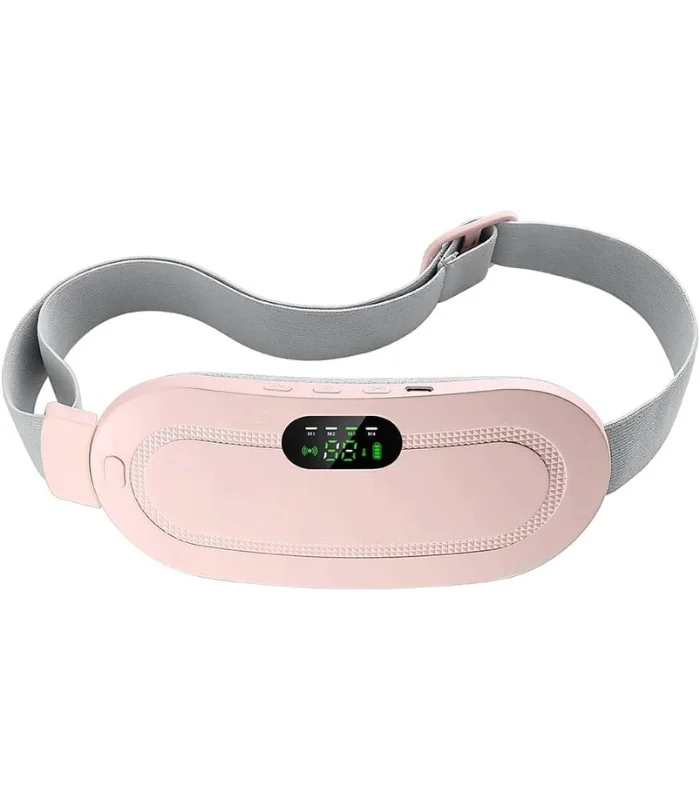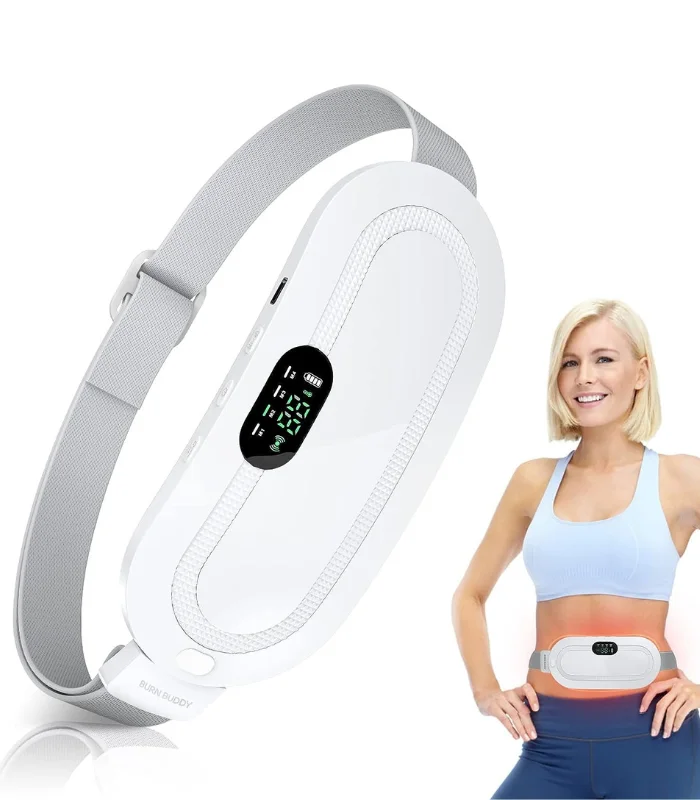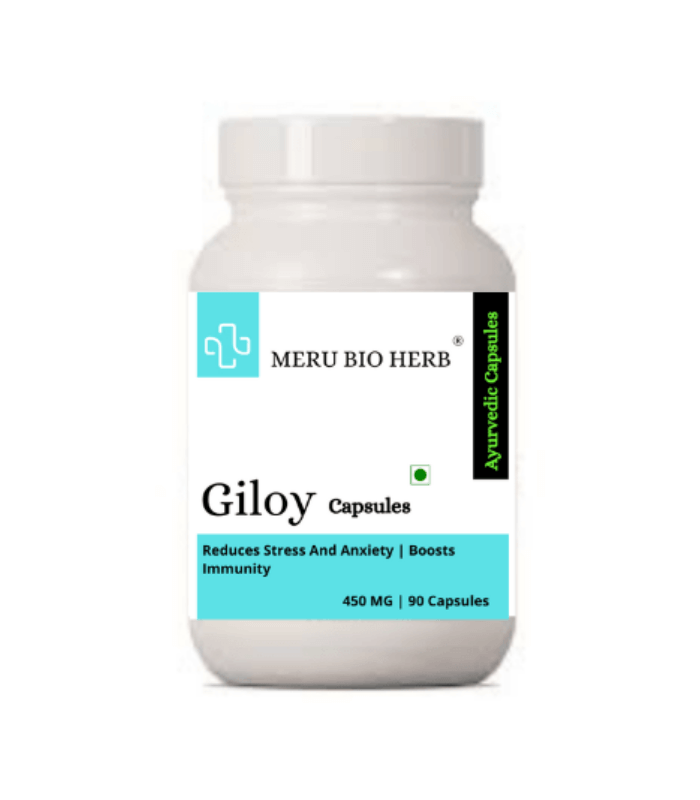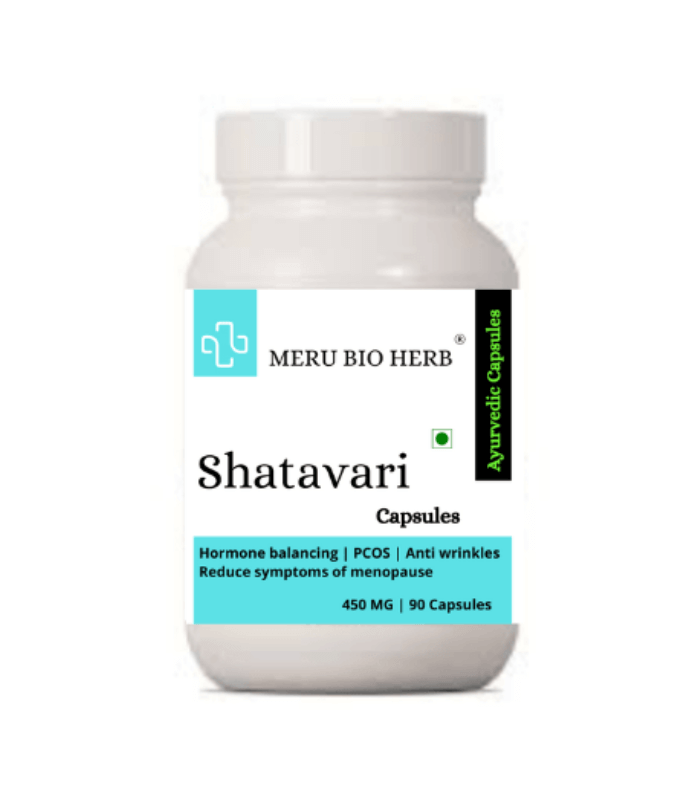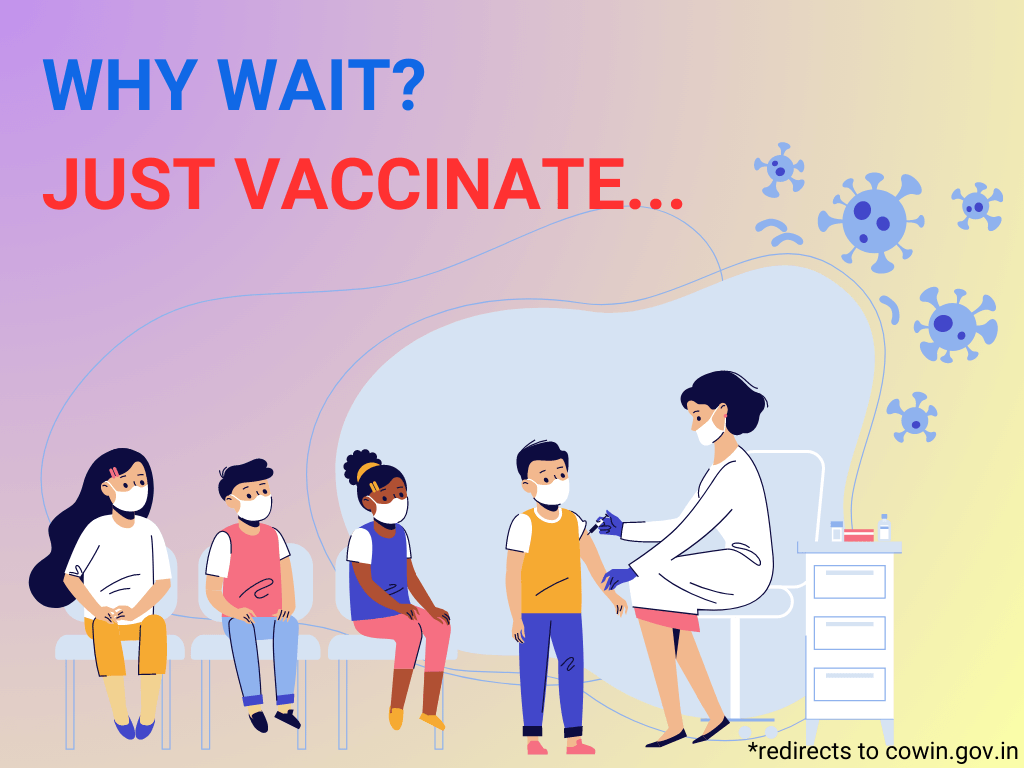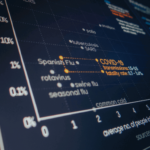Industries rapidly progress by adapting various technologies. So, why should healthcare remain behind? The future of healthcare is predictive. Data science and predictive analytics create a huge difference in patient treatment. Before we understand how these things work, let’s learn what they actually mean.
What is data science?
Data science is a combination of mathematics, programming skills, and statistics. It allows one to draw meaningful insights and conclusions from a range of data available. In the healthcare industry, the data scientists are people with knowledgeclinical data. Data science presents a huge opportunity as 30% of the world’s warehoused data comes from the healthcare industry. It can lead to approximately $300 billion in savings.
What is predictive analytics?
As the name suggests, the predictive analysis makes predictions by analyzing historical data. In the healthcare industry, predictive analytics involves collecting a patient’s extensive medical history. It also collects the patient’s behavioral and demographic information. This is used in combination with medical and professional opinion to predict the future. The global predictive analytics market is predicted to reach $8.46 billion by 2025.
Data science in the healthcare industry
Data science is the key to faster, better, more accurate diagnosis. It leads to a better understanding of diseases and thus better treatment. Double-blind placebo-controlled clinical trials have been used as a basis of evidence-based medicine. But now, there is a need for optimization of patient outcomes. Data science is the answer to this question. It is a cost-effective, practical, effective, and faster method. There have been various models in development that can diagnose disease conditions far better than any doctor. A group of standard researchers has developed a model that can differentiate skin lesions into malignant and benign. This model is as accurate as highly qualified dermatologists. This saves huge amounts of time and money that goes into the multistep diagnosis process.
Predictive Analytics in the healthcare industry
Predictive analytics can be used for a variety of reasons in the healthcare industry.
Risk prediction of chronic diseases
Predictive analysis can be used to prevent chronic diseases in people. It determines the people who are more at risk of such diseases by making use of risk scores. These risk scores can help medical professionals understand which individuals need and would benefit from additional healthcare services.
Getting ahead of the curve of patient deterioration
Predictive analysis can be used to prevent chronic diseases in people. It determines the people who are more at risk of such diseases by making use of risk scores. These risk scores can help medical professionals understand which individuals need and would benefit from additional healthcare services.
Predicting appointment, no shows
Having empty slots during the workdays can have huge financial ramifications. Predictive analytics is used to identify which patients are more likely to miss appointments. This allows the organization to schedule new appointments.
Suicide and self-harm prevention
Predictive analytics can be used to identify individuals who are more likely to self-harm. It allows mental health professionals to provide them with the required medical help. The strongest predictors of self-harm are substance abuse, mental disorders.
Data science and predictive analytics have a wide range of benefits and applications in the healthcare industry. It makes the life of both the medical professionals and patients easier. Still, many challenges lie ahead before complete implementation can take place.
Challenges in implementation
The Healthcare industry is behind the curve
As compared to other industries, healthcare industry is way behind in the adoption of new technologies. This is mainly due to lack of infrastructure.
The sensitivity of patient information
Unlike other industries, the healthcare industry makes use of very sensitive and confidential patient information. This leads to a lot of questions about the privacy of data in the minds of both the doctors and patients. This lack of trust can lead to increased resistance to the adoption of these technologies.
Adoption and implementation of these new technologies can revolutionize the way the healthcare industry works. This will lead to better patient outcomes and treatments. Sooner or later, the healthcare industry needs to get with the trends. The adoption of these technologies is a slow and mammoth task but soon a new face of the healthcare industry will emerge!
Visit our blogs and community forum for more health related updates.
Speak to our professionals in case you need expert advice regarding your health issues.
#health #datascience #predictiveanalytics #medicine #dermatologist #infrastructure #technology #mentalhealth #healthcare #suicideprevention #medical #programming #mathematics #statistics #datascientists #healthindustry #doctors #doctorconsultation #telehealth #clinqon_india


